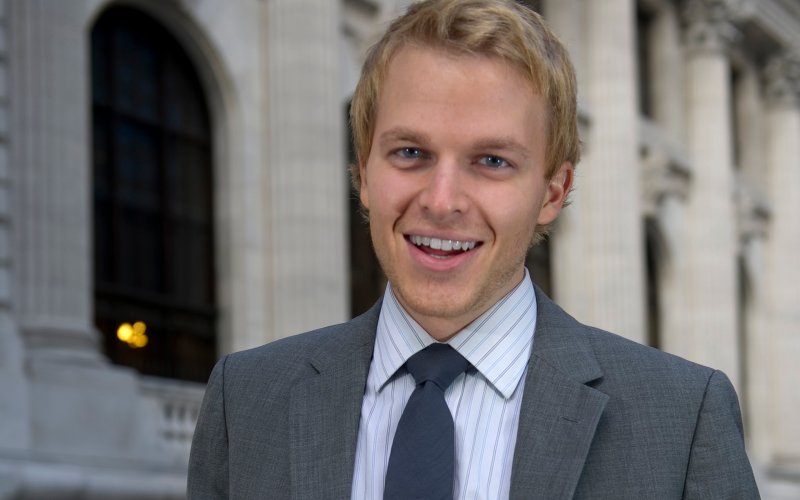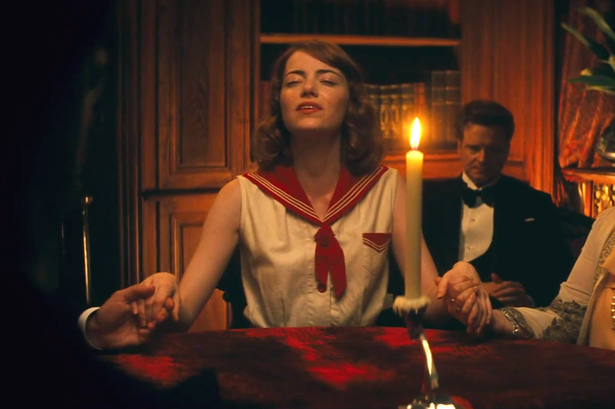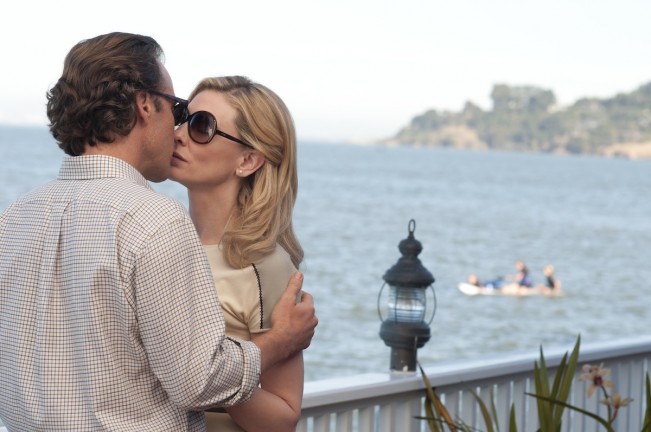
Tomorrow, I’ll be writing about Woody Allen’s latest, Café Society. I put aside the creep factor when I watch Woody Allen’s movies. What’s important to me is what’s up on the screen. A movie can be a masterpiece (or crap) even if it’s made by someone to which you don’t relate, someone you find detestable or even to be a monster. For example, I admire most of Roman Polanski’s movies, even though he committed a despicable and criminal act in the 1970s.
I know that other folks have other sensibilities and approaches that are completely justified. For example, The Wife will not watch movies that feature certain actors with domestic violence histories. Unlike me, she doesn’t compartmentalize, and she knows that she would be thinking about the real-life domestic violence during the movie. I respect her principle and her self-awareness.
Of course, I do not live under a rock, so I am aware of the distasteful 1992 episode when Mia Farrow booted Woody upon learning about his relationship with her then 21-year-old daughter Soon-yi. (Soon-yi and Woody have been together ever since and married in 1996.) And, much more disturbingly, Woody’s own daughter Dylan Farrow recently accused him of molesting her when she was little, an accusation which he denies.
Ronan Farrow is Woody Allen’s son and Dylan’s brother. He is also a serious and accomplished journalist. Recently, he wrote a guest column in The Hollywood Reporter entitled My Father, Woody Allen, and the Danger of Questions Unasked. In it, he shares his perspective on the Dylan Farrow/Woody Allen situation.
Ronan Farrow also makes a broader critique of the media, how it treats both accusers and the celebrity accused. He focuses on the relative power of the accuser and the accused, and it’s an especially thought-provoking and valuable essay. (His column was written before the recent Roger Ailes sexual harassment scandal but I found it to be relevant and instructive in absorbing that story as well.)
I will continue to watch Woody Allen’s movies and to write about them. But from now on, I’ll be including a link to Ronan Farrow’s My Father, Woody Allen, and the Danger of Questions Unasked.




